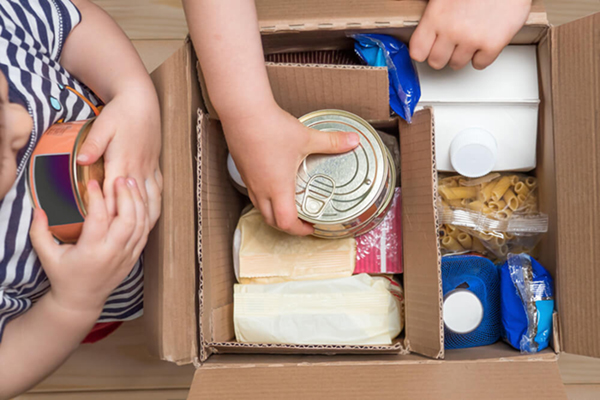Today consumers are looking for more than the Best Before date on their food packaging. People want to know that the food they buy is safe, what’s in it, and where and how the ingredients in that food have been sourced.
And confidence in food safety seems to be heading in the wrong direction. In consumer research carried out by Lloyds Register’s Business Assurance and Inspection Services, in the UK only 9.3% of people surveyed felt more confident in food safety compared to the year before. The figures were even lower for consumers in the US and China; 7.6% and 2.5% respectively.
Food safety isn’t the only issue concerning consumers. Ethical considerations are increasingly driving purchasing decisions. In research reported in Forbes magazine, 86% of 1,000 Dutch consumers questioned said they suspected manufacturers of abuses in the production process, such as poor working conditions and deceit about the origin of products.
Traceability is trust
Reassurance for consumers comes in the form of barcodes, lot numbers, unique serial numbers and product information – the keys to traceability.
Printed on packaging, they help to build consumers’ confidence in the safety of their food and drink. These codes also give manufacturers the ability to identify any unsafe products that need to be withdrawn or recalled from the market. This traceability information is recorded and stored on databases which interact with manufacturing management systems (such as ERP or MES), so in the event of an incident all affected products can be found quickly along the supply chain.
Manufacturers need to pay attention. According to a 2020 consumer study, seven in ten consumers said traceability was important to them and they would be willing to pay a premium for it. Customers are increasingly looking to make informed buying decisions. Successful food producers will be the ones that provide that information.

Automated coding for all
To achieve traceability, manufacturers need a marking solution capable of printing lot numbers, batch codes, unique serial numbers, datamatrix barcodes, Best Before dates and product information text clearly and reliably on a wide variety of materials, from glass to plastic.
edding compact printers make high quality, automated coding achievable for all food manufacturers, both large and small.
Purchase and running costs are low. Thanks to the Thermal Inkjet (TIJ) technology at their core, they are maintenance-free and there is no need for expensive service contracts. The only consumables required are ink cartridges. Easy to use, there is also no need for training or technicians to install them and get them up and running. And their compact size means they have a small footprint so can sit comfortably on the production line - valuable in smaller manufacturing environments where space is at a premium.
Traceability has become an essential part of gaining consumers’ trust. Find out how edding compact printers can help you build that trust, contact our team.